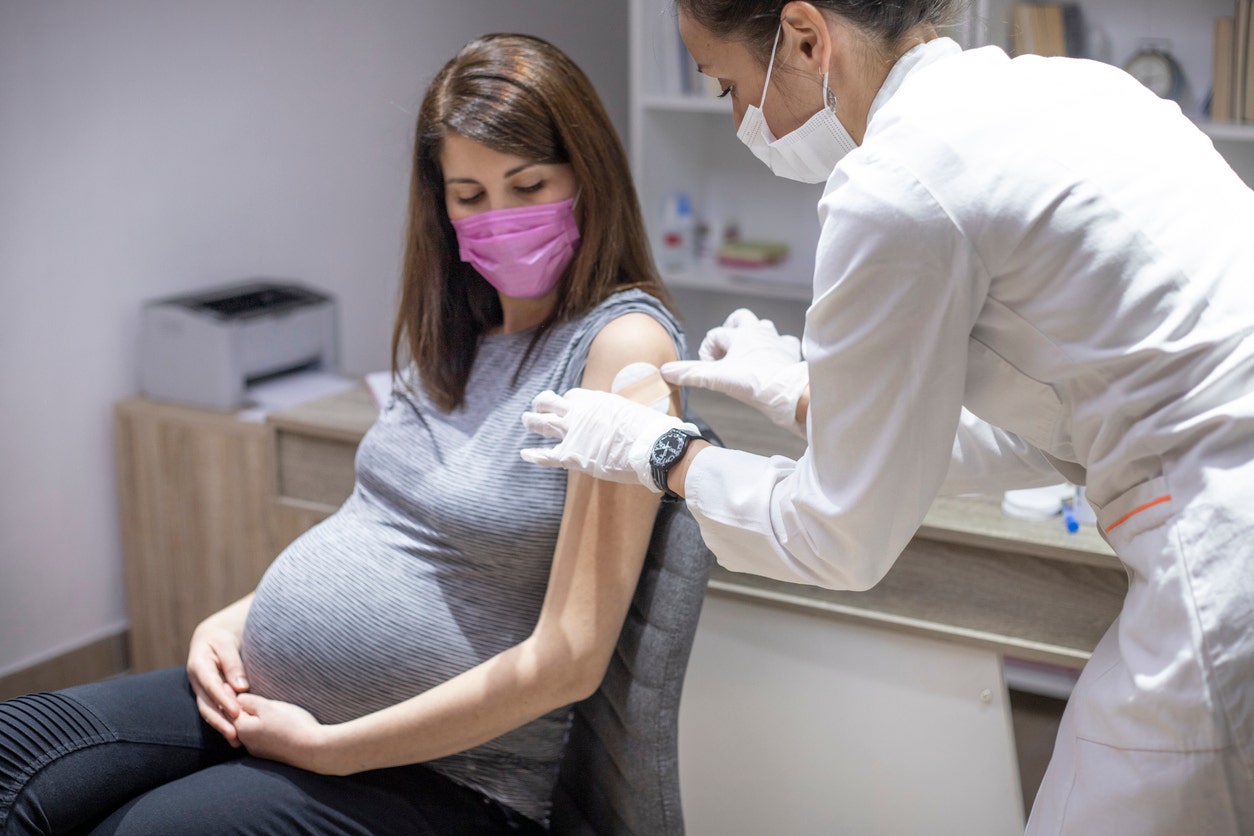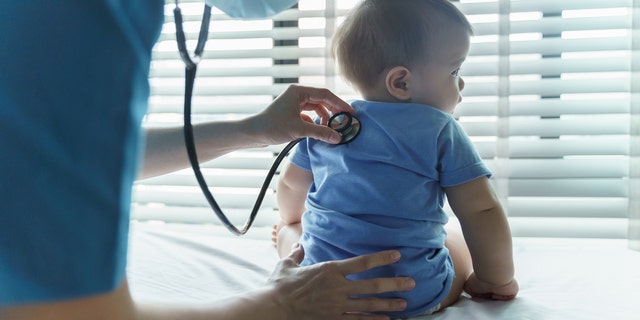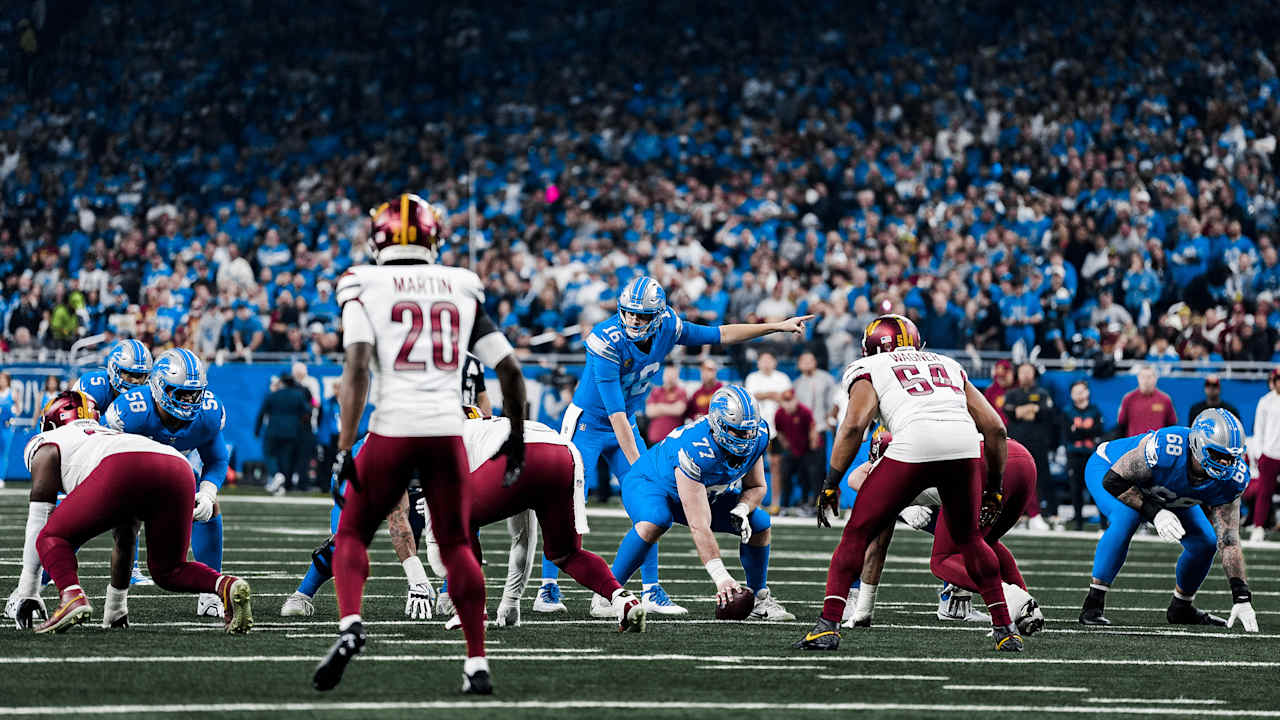Health
RSV vaccine for pregnant women inches closer to approval with FDA committee recommendation

Cancer, heart disease vaccine could be ready by 2030
Fox News medical contributor Dr. Janette Nesheiwat says the technology that the vaccine uses has been studied since the 1980s and that it teaches the body to recognize cancerous cells in order to attack and destroy them.
The U.S. Food and Drug Administration (FDA) voted on Thursday to recommend approval of Pfizer’s RSV vaccine for pregnant women. The vaccine is now one step closer to becoming the first available maternal immunization to protect infants from the respiratory syncytial virus.
After a day-long public meeting held via online conference, the FDA’s Vaccines and Related Biological Products Advisory Committee (VRBPAC) voted unanimously (14-0) in support of the vaccine’s effectiveness in preventing adverse effects of RSV in infants up to six months of age when given to women during the second or third trimesters of pregnancy.
The committee also voted 10-4 on the safety of the vaccine.
NEW REPORT SUGGESTS ‘PANIC BUYING’ OF MEDICATIONS BY PATIENTS AND PROVIDERS CAUSED DRUG SHORTAGES
“We are encouraged by the outcome of today’s VRBPAC meeting, as it is a critical step forward in the scientific community’s long-sought-after goal to help prevent RSV disease in infants during their most vulnerable first six months of life,” said Annaliesa Anderson, PhD, Pfizer’s senior vice president and chief scientific officer of vaccine research and development, in a media statement.
The U.S. Food and Drug Administration (FDA) has recommended the approval of Pfizer’s RSV vaccine for pregnant women. (iStock)
“If approved, our RSV vaccine candidate has the potential to be the first maternal immunization vaccine to help protect infants at first breath through their first six months of life from this potentially serious infection,” she added.
“Giving it to pregnant women gives passive protection to the fetus, which then carries over to early infancy.”
Before making its decision, the committee reviewed the results of Pfizer’s Phase 3 clinical trial, which were published in The New England Journal of Medicine.
Although the recommendations are a step toward the vaccine’s availability, an official approval from the FDA is still pending.
The agency is expected to make its final decision by August 2023.
Vaccine seems promising, but more research is needed, says doctor
“I think this is a very promising vaccine and is likely very effective and safe, especially with tens of thousands of very young children being hospitalized with RSV every year,” Dr. Marc Siegel, a professor of medicine at NYU Langone Medical Center and a Fox News medical contributor, told Fox News Digital.

Some 58,000 to 80,000 children 5 years of age and younger are hospitalized with an RSV infection, according to data from the CDC. (iStock)
“Giving it to pregnant women gives passive protection to the fetus, which then carries over to early infancy,” he added.
Last week, Siegel interviewed Dr. Paul Offit of Philadelphia, Pennsylvania, who is on the FDA advisory committee.
CLICK HERE TO SIGN UP FOR OUR HEALTH NEWSLETTER
“He was very positive about the vaccine,” Siegel said. “When he actually saw the full data, however, he ended up voting no [on the safety issue], apparently because of the possible association with pre-term birth.”
Added Siegel, “For me, this means further research needs to be done. I trust Dr Offit’s views on this.”
RSV’s danger to babies
In some cases, the virus poses a danger to infants and toddlers.
Some 58,000 to 80,000 children 5 years of age and younger are hospitalized with an RSV infection, according to data from the Centers for Disease Control and Prevention (CDC).

Infants younger than 6 months old may show symptoms including irritability, lethargy, decreased appetite and pauses in breathing. (iStock)
In most kids, RSV causes only mild cold-like symptoms, but in some cases it can lead to severe respiratory conditions like pneumonia or bronchiolitis, which may require hospitalization and supportive care.
The children at the highest risk include premature infants, babies six months and younger, kids younger than two years old who have chronic lung disease or heart disease, children with weakened immunity and those who have neuromuscular disorders, per the CDC.
FIRST-EVER RSV VACCINE APPROVED BY FDA FOR ADULTS 60 AND OVER
Infants younger than six months old may show symptoms including irritability, lethargy, decreased appetite and pauses in breathing.
Earlier this month, it was reported that the FDA approved the first RSV vaccine, called Arexy, for use by people 60 years and older to prevent the lower respiratory tract disease.

Health
Semaglutide Pills and Injections Vs. Drops: Experts Weigh In | Woman's World

Sign Up
Create a free account to access exclusive content, play games, solve puzzles, test your pop-culture knowledge and receive special offers.
Already have an account? Login
Use left and right arrow keys to navigate between menu items.
Use escape to exit the menu.
Health
Jennifer Hudson Lost 80-Lbs Without Depriving Herself—Learn Her Secrets

Sign Up
Create a free account to access exclusive content, play games, solve puzzles, test your pop-culture knowledge and receive special offers.
Already have an account? Login
Use left and right arrow keys to navigate between menu items.
Use escape to exit the menu.
Health
Kennedy’s Plan for the Drug Crisis: A Network of ‘Healing Farms’

Though Mr. Kennedy’s embrace of recovery farms may be novel, the concept stretches back almost a century. In 1935, the government opened the United States Narcotic Farm in Lexington, Ky., to research and treat addiction. Over the years, residents included Chet Baker and William S. Burroughs (who portrayed the institution in his novel, “Junkie: Confessions of an Unredeemed Drug Addict”). The program had high relapse rates and was tainted by drug experiments on human subjects. By 1975, as local treatment centers began to proliferate around the country, the program closed.
In America, therapeutic communities for addiction treatment became popular in the 1960s and ’70s. Some, like Synanon, became notorious for cultlike, abusive environments. There are now perhaps 3,000 worldwide, researchers estimate, including one that Mr. Kennedy has also praised — San Patrignano, an Italian program whose centerpiece is a highly regarded bakery, staffed by residents.
“If we do go down the road of large government-funded therapeutic communities, I’d want to see some oversight to ensure they live up to modern standards,” said Dr. Sabet, who is now president of the Foundation for Drug Policy Solutions. “We should get rid of the false dichotomy, too, between these approaches and medications, since we know they can work together for some people.”
Should Mr. Kennedy be confirmed, his authority to establish healing farms would be uncertain. Building federal treatment farms in “depressed rural areas,” as he said in his documentary, presumably on public land, would hit political and legal roadblocks. Fully legalizing and taxing cannabis to pay for the farms would require congressional action.
In the concluding moments of the documentary, Mr. Kennedy invoked Carl Jung, the Swiss psychiatrist whose views on spirituality influenced Alcoholics Anonymous. Dr. Jung, he said, felt that “people who believed in God got better faster and that their recovery was more durable and enduring than people who didn’t.”
-
/cdn.vox-cdn.com/uploads/chorus_asset/file/25822586/STK169_ZUCKERBERG_MAGA_STKS491_CVIRGINIA_A.jpg)
/cdn.vox-cdn.com/uploads/chorus_asset/file/25822586/STK169_ZUCKERBERG_MAGA_STKS491_CVIRGINIA_A.jpg) Technology1 week ago
Technology1 week agoMeta is highlighting a splintering global approach to online speech
-

 Science1 week ago
Science1 week agoMetro will offer free rides in L.A. through Sunday due to fires
-
/cdn.vox-cdn.com/uploads/chorus_asset/file/23935558/acastro_STK103__01.jpg)
/cdn.vox-cdn.com/uploads/chorus_asset/file/23935558/acastro_STK103__01.jpg) Technology1 week ago
Technology1 week agoAmazon Prime will shut down its clothing try-on program
-

 News1 week ago
News1 week agoMapping the Damage From the Palisades Fire
-
/cdn.vox-cdn.com/uploads/chorus_asset/file/25826211/lorealcellbioprint.jpg)
/cdn.vox-cdn.com/uploads/chorus_asset/file/25826211/lorealcellbioprint.jpg) Technology7 days ago
Technology7 days agoL’Oréal’s new skincare gadget told me I should try retinol
-
/cdn.vox-cdn.com/uploads/chorus_asset/file/25832751/2192581677.jpg)
/cdn.vox-cdn.com/uploads/chorus_asset/file/25832751/2192581677.jpg) Technology3 days ago
Technology3 days agoSuper Bowl LIX will stream for free on Tubi
-

 Business5 days ago
Business5 days agoWhy TikTok Users Are Downloading ‘Red Note,’ the Chinese App
-
/cdn.vox-cdn.com/uploads/chorus_asset/file/25835602/Switch_DonkeyKongCountryReturnsHD_scrn_19.png)
/cdn.vox-cdn.com/uploads/chorus_asset/file/25835602/Switch_DonkeyKongCountryReturnsHD_scrn_19.png) Technology1 day ago
Technology1 day agoNintendo omits original Donkey Kong Country Returns team from the remaster’s credits















